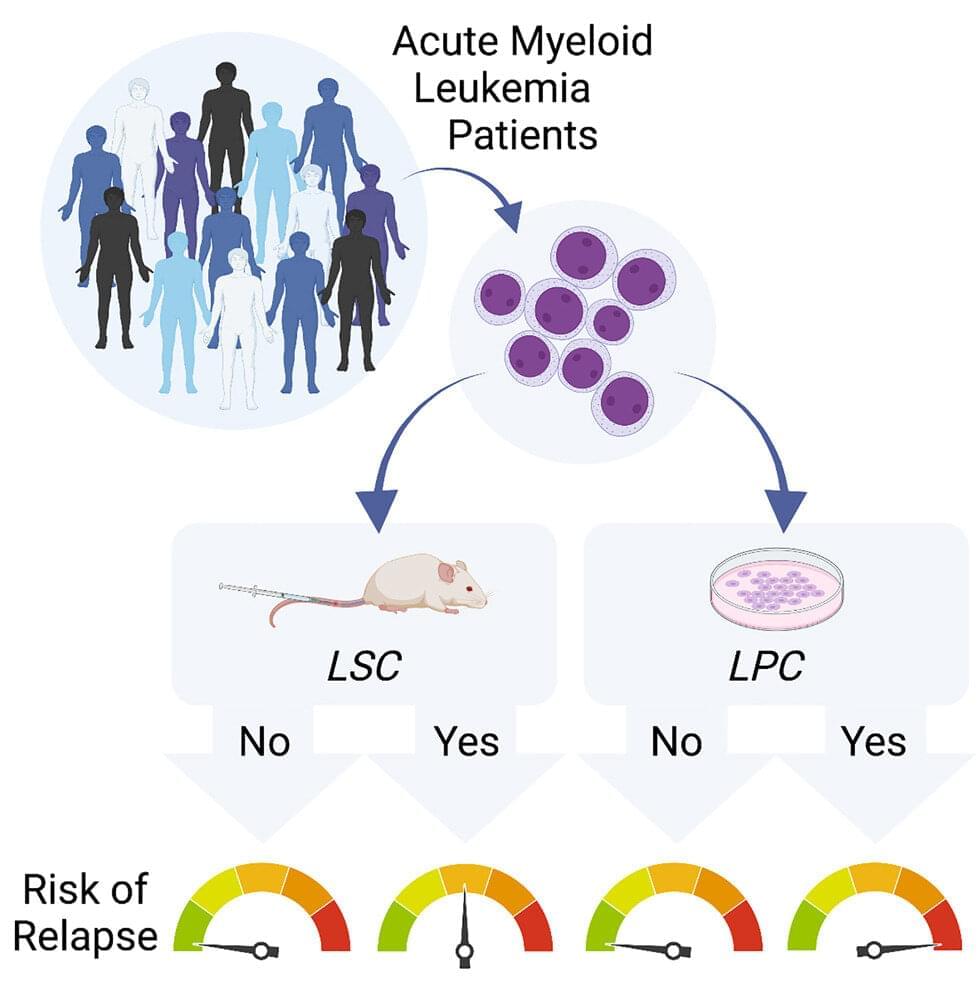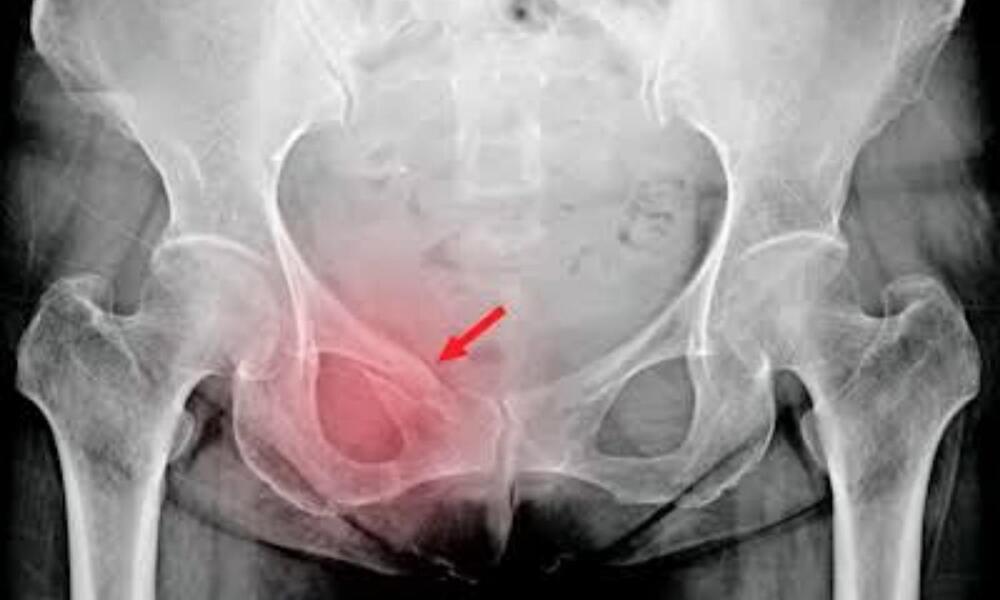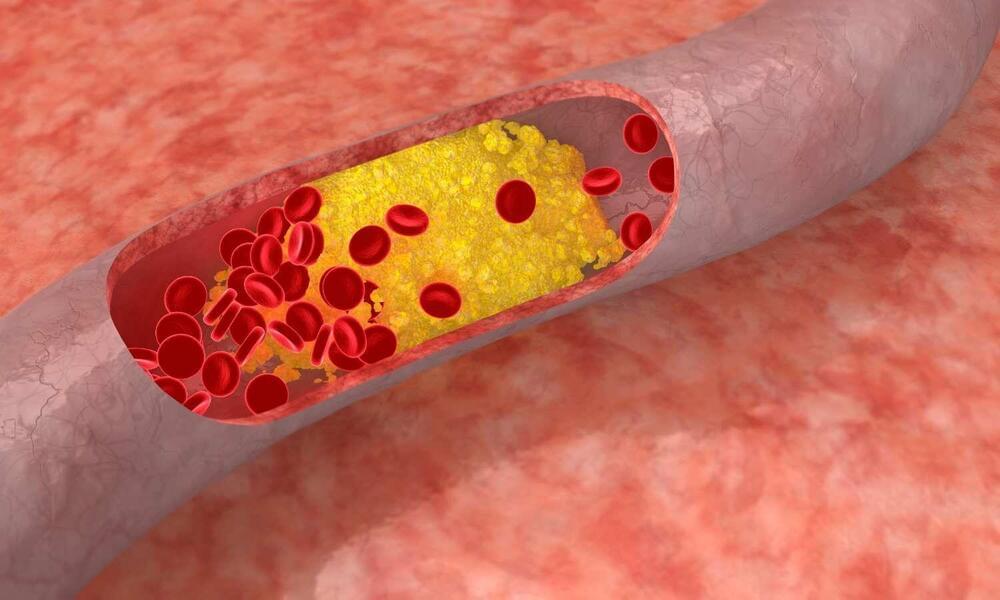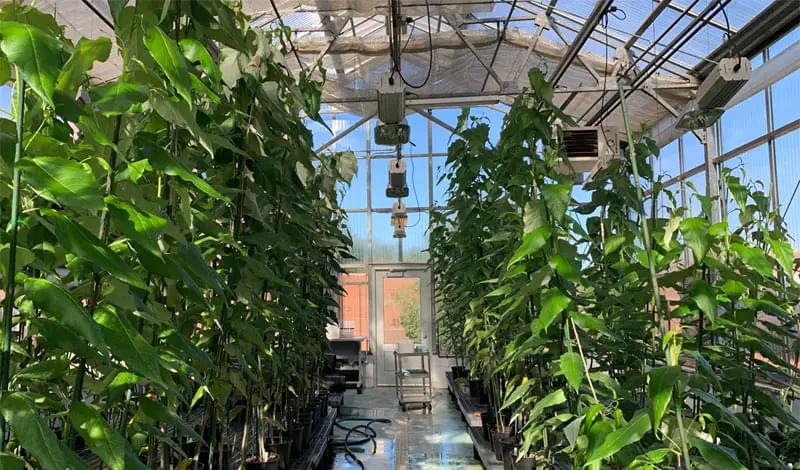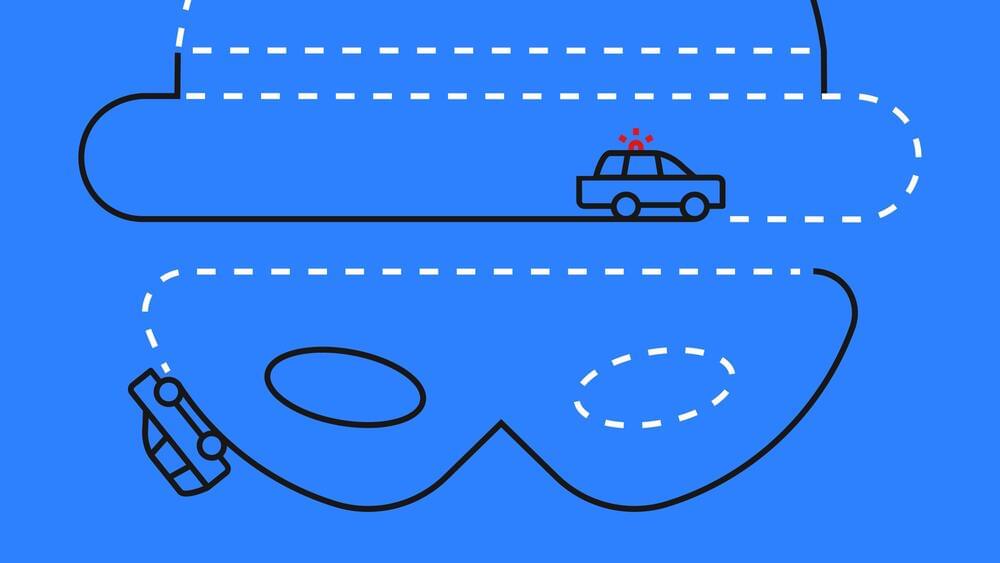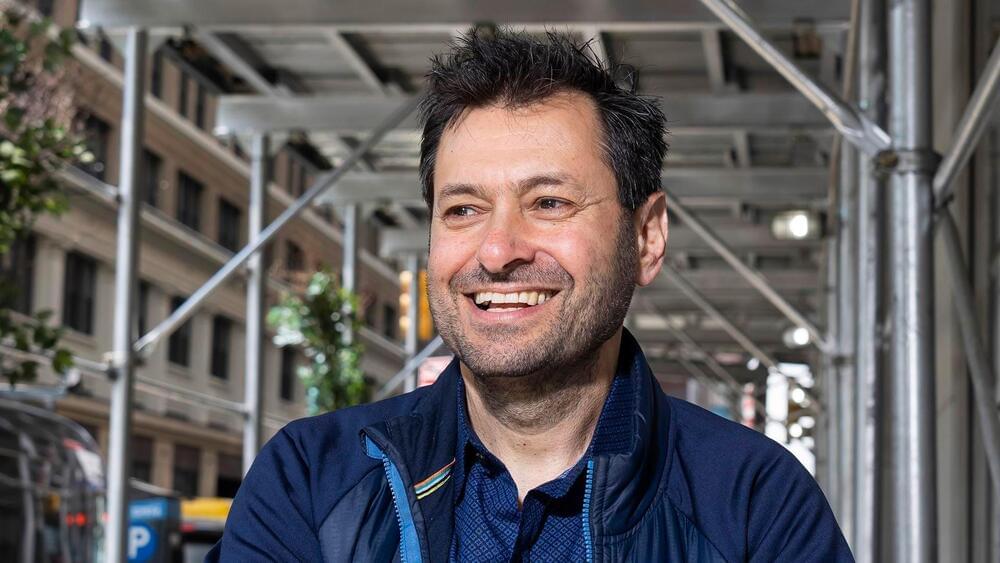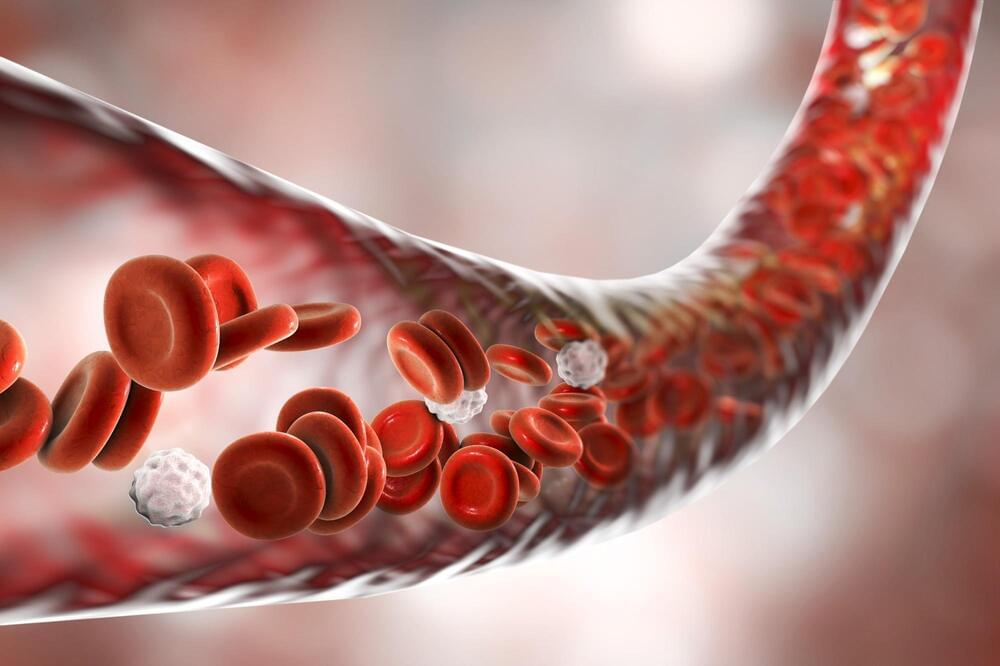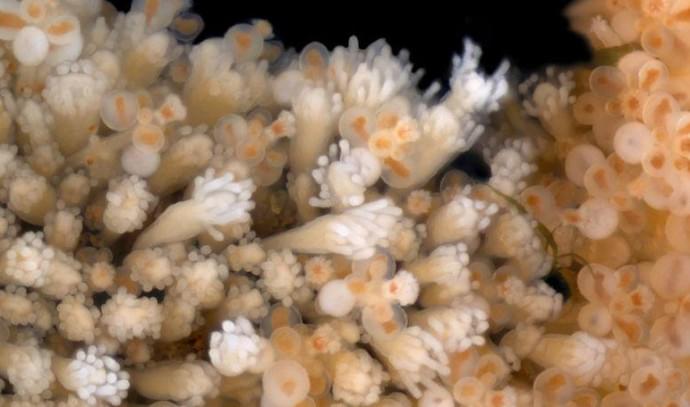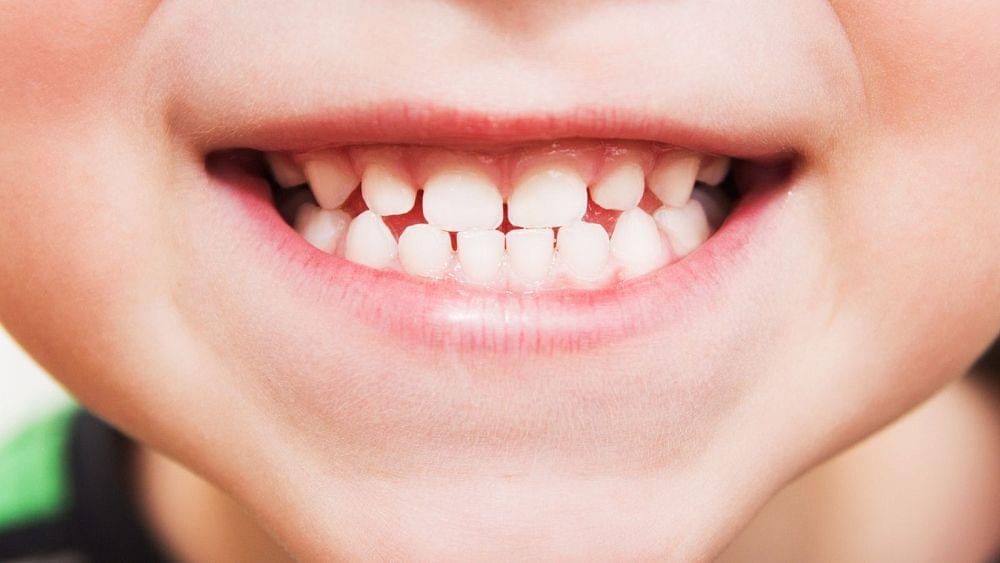Sir Frederick Banting was clearly ahead of his time. He is also an inspiration for a new open source self-administering drug delivery device. Long before open source was an option or even a concept, the now-celebrated former Western lecturer refused to patent insulin because he wanted it to be inexpensive and widely available for the betterment of all.
Now, 100 years after Banting won the Nobel Prize for his discovery, Western researchers are at it again. A team led by engineering and Ivey Business School professor Joshua Pearce has developed a new 3D printed, completely open-source autoinjector —a device designed to deliver a single dose of medicine—for a tenth of the cost of a commercially purchased product.
A new study, published July 14 in the journal PLOS One, describes the manufacturing design of the spring-driven device, which could cost less than $7 to make while a store-bought version is closer to $70.
